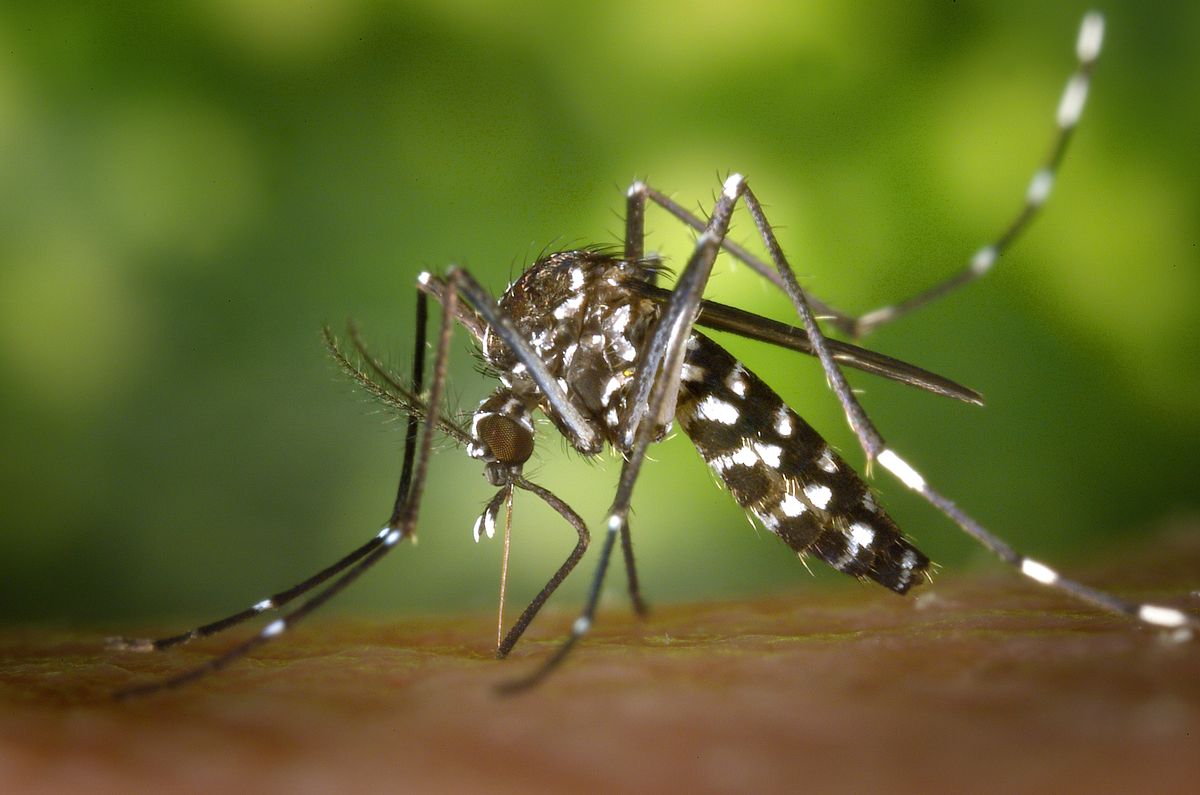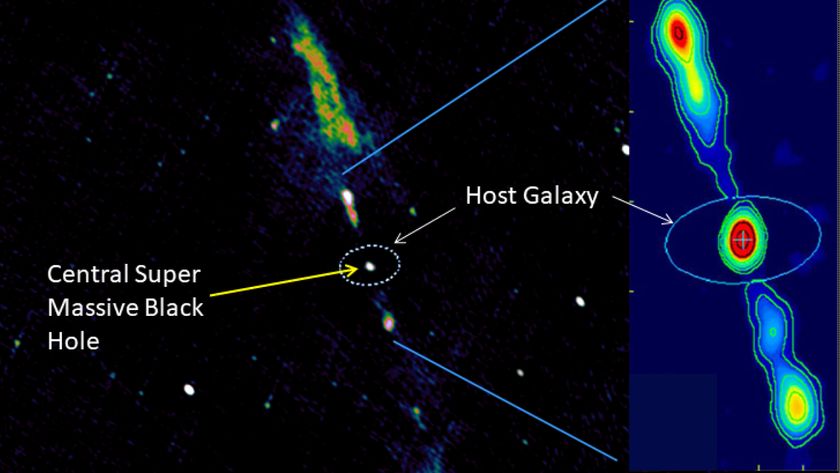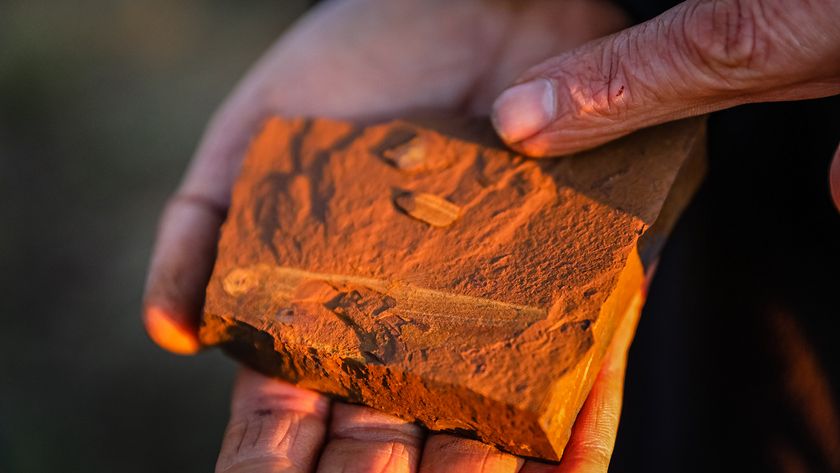Zika Virus Linked to Guillain-Barré in New Study

A new study from French Polynesia provides the strongest evidence to date of a link between the Zika virus and the rare neurological condition Guillain-Barré syndrome (GBS), researchers said.
In GBS, a person's own immune system damages the nerve cells, causing muscle weakness, and sometimes, paralysis in adults and children.
In the new study, researchers analyzed blood samples from 42 adults who were diagnosed with Guillain-Barré between November 2013 and February 2014 during the Zika virus outbreak in French Polynesia. They found that 88 percent of the participants had symptoms of a recent Zika virus infection.
There were about six days, on average, between the time when people's Zika symptoms began and the start of their neurological problems, according to the findings, published online today (Feb. 29) in the journal The Lancet. Researchers have previously linked the virus and the condition, and the new study and others are now aimed at determining whether the link is a true cause-and-effect relationship.
"This is the first study to look at a large number of patients who developed Guillain-Barré syndrome following Zika virus infection and provide evidence that Zika virus can cause GBS," lead study author Dr. Arnaud Fontanet, director of the Centre for Global Health at the Institut Pasteur in Paris, said in a statement.
Before the new study, there had been only one case report published linking the Zika infection and GBS. In the case, a woman in her 40s in French Polynesia became weak and developed muscle paralysis about a week after likely becoming infected with Zika. She recovered nearly completely after 40 days, the researchers said.
Other mosquito-borne viruses have been found to trigger GBS in rare cases, including the dengue virus, the West Nile virus and Japanese encephalitis virus. [Special Report: Complete Coverage of the Zika Virus Outbreak]
Sign up for the Live Science daily newsletter now
Get the world’s most fascinating discoveries delivered straight to your inbox.
The large Zika virus outbreak in French Polynesia preceded the current Zika outbreak in South and Central America and the Caribbean by at least six months, so research emerging from these islands in the South Pacific is offering clues as to how the virus may spread and its possible health consequences elsewhere, the researchers said.
Five countries involved in the current outbreak have notified the World Health Organization (WHO) of a recent spike in cases of Guillain-Barré, including Brazil, Colombia, El Salvador, Suriname and Venezuela, according to WHO's latest report, on Feb. 19. But the WHO also warned that the Zika virus has not yet proved to be the cause of the increased incidence of GBS in these five locations.
Causal connection
In this new case-control study, the 42 participants with GBS were between ages 36 and 56, and were all admitted to the same hospital on the island of Tahiti and diagnosed with GBS during the Zika virus outbreak in 2013 and 2014.
Lab tests and medical histories from these participants were compared with similar data from two different control groups: One group included 98 people who were matched for age, gender and island of residence to the participants with GBS, and who were in the same hospital, but did not have a fever when they were admitted.
The second group consisted of 70 people who tested positive for the Zika virus infection and were similar in age to those with GBS, but did not develop any neurological complications.
All 42 people who developed Guillain-Barré syndrome were found to have a type of the condition known as acute motor axonal neuropathy (AMAN), and it had a rapid onset of about six days following a viral illness. The most common symptoms reported at the peak of the illness were tingling in the arms and legs, muscle weakness on both sides of the body and a paralysis of facial muscles.
The people with GBS recovered faster than is usually expected with this neurological condition, and three months after leaving the hospital more than half of them were able to walk without assistance, according to the study. None of them died.
Because the dengue virus was circulating in the region at the same time as the Zika virus epidemic, researchers also investigated whether dengue could have contributed to the occurrence of Guillain-Barré. However, when researchers compared immunological markers, such as antibody levels, in people with GBS to the two control groups, they found that the GBS did not appear to be linked with the recent dengue infection.
The study authors estimated that the rate of Guillain-Barré syndrome among the people infected with the Zika virus during the outbreak in French Polynesia to be 24 cases of GBS per 100,000 people.
In comparison with the United States, there are one to two cases of GBS per year for every 100,000 people, according to the Centers for Disease Control and Prevention.
Although the onset of Guillain-Barré syndrome is often preceded by a viral illness, its exact cause is unknown. And little is known about the potential mechanisms linking the Zika virus to GBS. [Defeating Zika: The Big Questions Researchers Are Trying to Answer]
In a comment accompanying the study, published in the same issue of The Lancet, Drs. David W. Smith and John Mackenzie, two infectious disease experts in Western Australia, concluded that the "Zika virus can be added to [the] list of viruses that can cause Guillain-Barré syndrome, and investigation of GBS cases should include tests for Zika when there is a possibility of infection by the virus."
But they also cautioned that data is still scarce and it's unclear whether the current Zika virus outbreak in Central and South America is identical to the outbreak in French Polynesia, or whether it will behave exactly the same way in a different population, and in people who have a different genetic makeup and immunity background.
Whether Zika will pose a greater threat in causing GBS than other mosquito-borne viruses also remains to be determined, the editorial said.
Follow Live Science @livescience, Facebook & Google+. Originally published on Live Science.
Cari Nierenberg has been writing about health and wellness topics for online news outlets and print publications for more than two decades. Her work has been published by Live Science, The Washington Post, WebMD, Scientific American, among others. She has a Bachelor of Science degree in nutrition from Cornell University and a Master of Science degree in Nutrition and Communication from Boston University.










